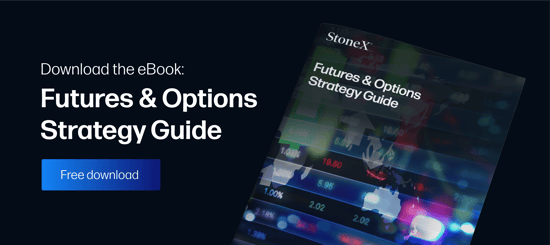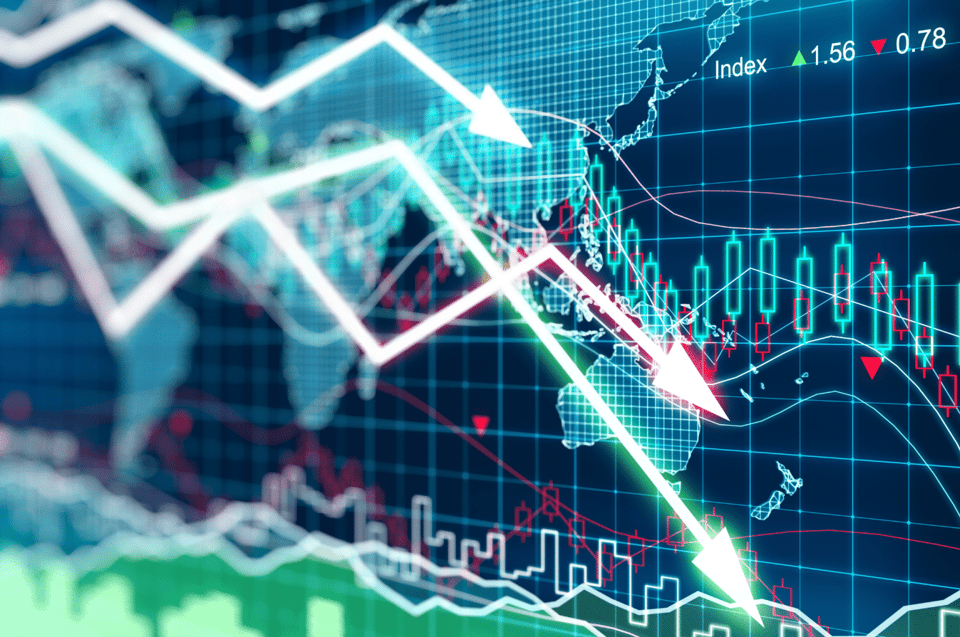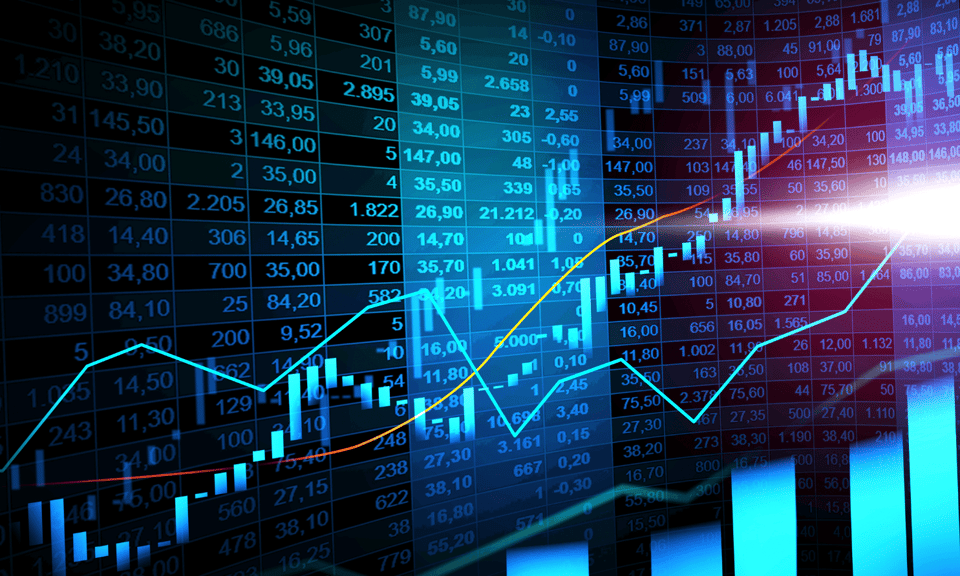Perhaps the most influential four-letter word in the English language is fear. Fear is defined by the Oxford dictionary as “an unpleasant emotion caused by the threat of danger, pain, or harm.” When it comes to futures trading, the pain of failure and the harm of capital loss deter a great number of people from ever entering the marketplace.
A simple internet query on futures trading returns lots of materials on how to get started in the markets. Most of these items include some sort of disclaimer stating that trading futures is inherently risky, sophisticated and not for everyone. In fact, a wide variety of periodicals compare futures trading risks to those found in casino gambling.
However, many concerns of those new to futures are not based in reality. Let’s take a look at a few misconceptions and common drivers of fear that keep people from becoming active traders.
Anecdotal Evidence Can Be Powerful
As humans, we are all vulnerable to the power of anecdotal evidence. A first-hand account from a friend or neighbor can become a major part of our decision-making process.
Stories about various futures trading risks are often the determining factor in whether someone decides to pursue or forego a venture into the markets. Here are a few frequented topics that discourage many aspiring traders:
- Uneven playing field: The rise of the digital marketplace has put the discipline of high-frequency trading (HFT) under the microscope. Countless books and articles have been written suggesting that these traders have “gamed the system” at the expense of other traders.
- Spectacular loss: Market crashes and huge swings in asset value are topics easily sensationalized by the financial media. From Bitcoin to bullion, stories addressing spectacular meltdown and capital loss represent a considerable portion of market-based reporting.
- Fraud: Instances of broker, corporate and trader fraud have been well documented. Each case undermines the integrity of the markets, giving potential participants reason for pause.
A convincing tale about a staggering loss or falling victim to fraud can cause even veteran traders to reevaluate their career path. Of course, not all stories are truthful, with many being taken out of context. A half-truth is very near to a fabrication ― when basing decisions on anecdotes, be absolutely sure the source is genuine and the facts are straight!
The Reality of Futures Trading Risks
Whether factual or overblown, there’s no denying that the negative press associated with futures trading scares off many individuals. However, a significant percentage of reports are not worth being afraid of. Through adequate preparation, planning and education, the futures markets can become venues ripe with opportunity, not hazardous to your wallet.
It’s an elementary point, but one that’s undeniable ― only you can lose your money. Unfortunately, for many new to the markets, this truth can be hard to accept. It’s through the avoidance of personal responsibility that many misconceptions are readily accepted by the public. Here are a few futures trading risks that are dramatically overblown and, in some cases, outright falsehoods:
- High frequency trading (HFT) firms rule the world: As stated above, HFT firms receive a lot of bad press. However, they do bring liquidity to the markets, which lowers the cost of business for retail traders. In many ways, they positively enhance the process of price discovery.
- Institutional traders conspire to “rig” markets: It’s important to realize the size and scope of the marketplace before deciding if an entity or group can effectively fix pricing. According to the FIA, 25.2 billion contracts were traded in 2017 on markets worldwide. It would take some pretty deep pockets, or a global conspiracy, to rig markets internationally.
- There is no chance of winning in futures: The odds of being a long-term winner in the markets is commonly estimated somewhere between 5% and 25%. In reality, no one really knows how many individual retail traders make a living in the markets. Those with a winning edge typically operate under the radar, in a proprietary capacity.
Stories that sensationalize each of these points are not hard to find. They serve as strong deterrents, effectively scaring many people away from the markets.
Taking the Plunge
In truth, a little fear can be a good thing. It’s important to remember that fear is a strong motivator and drives improvement. For those that brave the futures markets and achieve their trade-related goals, fear is often a key driver of success.
If you have what it takes to cast aside preconceived notions and pursue your goals via futures, a free consultation with a broker at StoneX is a great way to get started. An experienced market veteran can help identify which futures trading risks are real and which are best categorized as myths.



